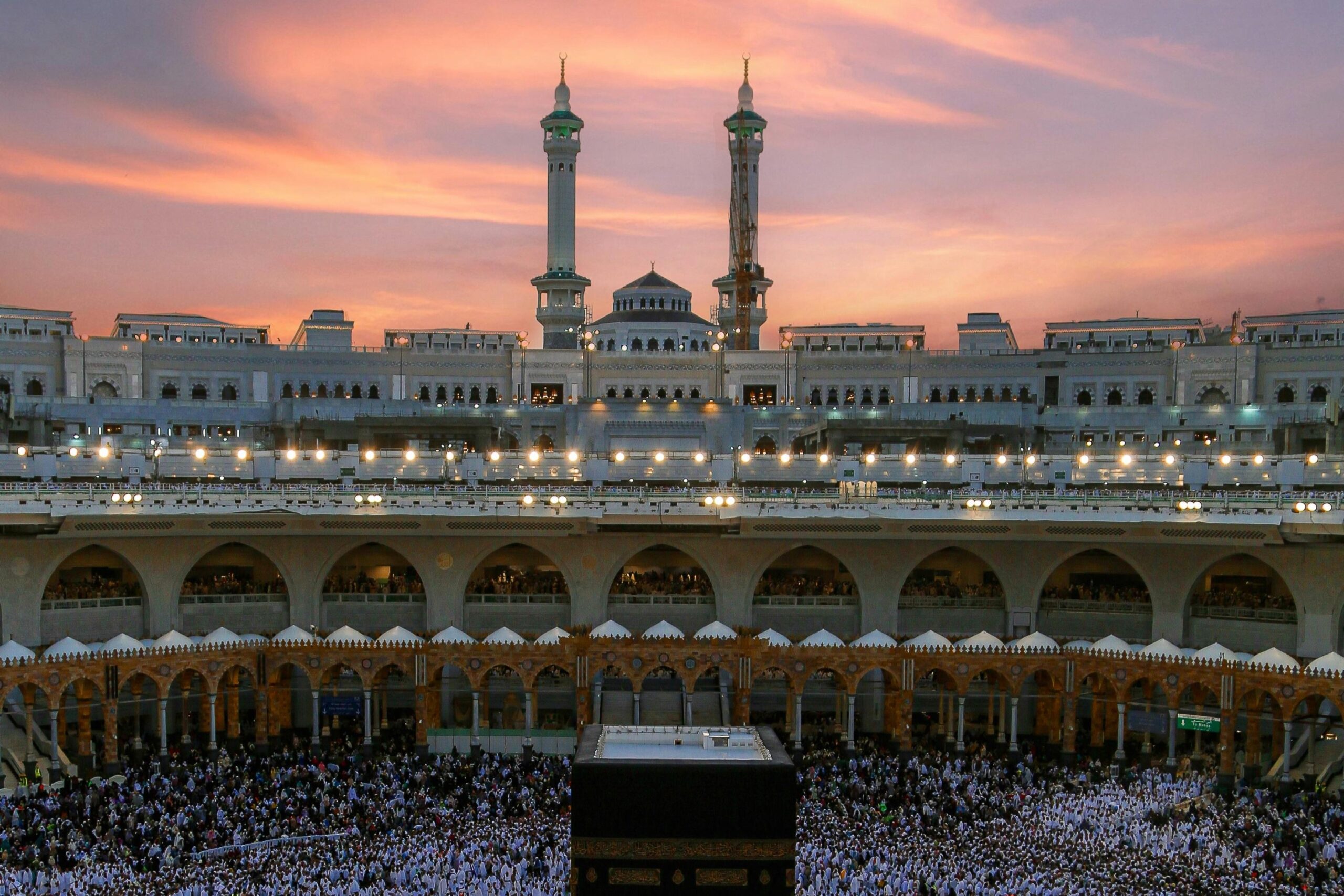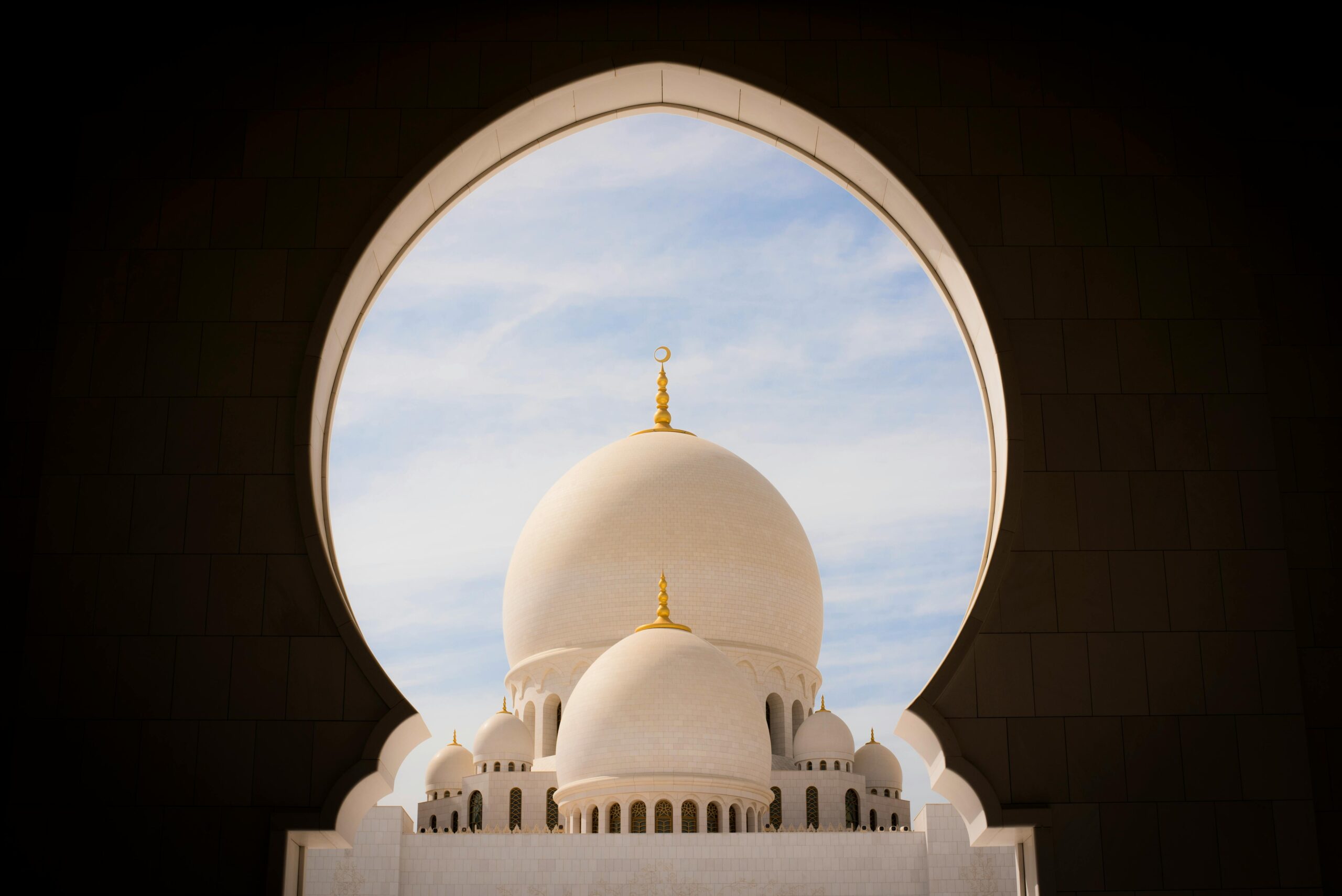
04.07.25
The Virtues of Fasting 6 Days in Shawwal
Many of us are feeling the post-Ramadan blues, so what can we do to maintain the blessed month’s spirit? Well, the Prophet (ﷺ) gave us the powerful solution: Fasting 6 days in Shawwal, the month that immediately follows Ramadan.
Fasting the 6 days of Shawwal is not obligatory, but it carries great rewards. For the Prophet Muhammad (ﷺ) said:
“Whoever fasts Ramadan and follows it with six days of Shawwal, it will be as if he fasted for a lifetime.”
Muslim
In turn, you do not have to fast these days consecutively either. Fasting any six days (expect for Eid Al-Fitr) within the month is acceptable.
Shawwal, a month to continue the goodness
What is Shawwal? This is the 10th month of the Islamic (Hijri) calendar and begins on Eid Al-Fitr. It is likely to end this year on April 28, 2025, depending on the sighting of the moon.

There are also six voluntary fasts one can complete at any time throughout the month of Shawwal (except on the first day, Eid al-Fitr) and doing so holds immense rewards. Here are some of the benefits to fasting in Shawwal.
Maintains Your Momentum After Ramadan
After spending a month excelling in good deeds, many of us feel like it’s impossible to keep it up after Ramadan is over. But that’s why continuing our Ramadan habits in Shawwal, the very next month, is the best thing we can do to stay on track!
Ramadan is month where we have the opportunity to reset. To get rid of bad habits and gain good ones. To perfect our acts of worship, including how we fast.
That’s why fasting the six days of Shawwal is a chance to maintain the good habits we built during Ramadan. Fasting itself requires us to give up our physical needs (e.g. eating, drinking, and physical relations) from sunrise to sunset, as well as stay away from harmful acts (e.g. gossiping, backbiting).
Because we fasted during Ramadan, fasting six more days in the month afterwards is definitely achievable. You also don’t have to do it consecutively. If it helps, you can tie it to another sunnah fast to make it easier to remember. For example, fasting every Monday and Thursday, and/or during the three middle days of the month – both of which were practices of the Prophet (ﷺ).
Make Up for Shortcomings
The Prophet (ﷺ) tells us, “The first thing for which a person will be brought to account on the Day of Resurrection will be their prayer. If it is complete, then the voluntary (prayers) will also be recorded for them (as an increase).
If it is not complete, then Allah will say to His angels: ‘Look and see whether you find any voluntary prayers for My slave, and take them to make up what is lacking from their obligatory prayers.’ Then all their deeds will be reckoned in like manner.” (Sunan Ibn Majah)
The same can be said for our fasts. Our voluntary fasts will be used on the Day of Judgement to both increase us in our good deeds as well as make amends for any of our deficiencies when we fasted Ramadan.
Build an Attitude of Gratitude
One of the spiritual benefits of fasting is that it nurtures gratitude in the heart of the believer. The more often we fast, the more spiritually aware we become of Allah’s favours in our lives. Abstaining from food and drink reminds us that these too are blessings from Allah that we take for granted. And we do this for a month during Ramadan.
Through fasting the six days of Shawwal, we continue to nurture this attitude of gratitude. The additional fasting encourages a deeper sense of humility, thankfulness, and awareness of those who have less than us. It keeps our hearts soft, our tongues in remembrance, and our hands more generous, just as Ramadan taught us.
Keep the Spirit of Ramadan Alive in Shawwal
While Ramadan may come to an end, its spirit doesn’t have to. Fasting the six days of Shawwal offers us a great opportunity to keep the momentum going. To continue striving for spiritual growth, self-discipline, and gratitude. It’s a way to demonstrate that prefecting our worship is not limited to one month, but is a lifelong commitment to pleasing Allah (SWT).
Whether you choose to fast the six days consecutively or spread them out across the month, what matters most is the sincerity and effort you put forth. By taking on this simple yet highly rewarding Sunnah, you are building on the foundation laid in Ramadan and securing rewards equivalent to a lifetime of fasting.
So don’t let the post-Ramadan blues weigh you down. Embrace the days of Shawwal with renewed purpose, and continue walking the path of devotion and gratitude that Ramadan helped you rediscover.




